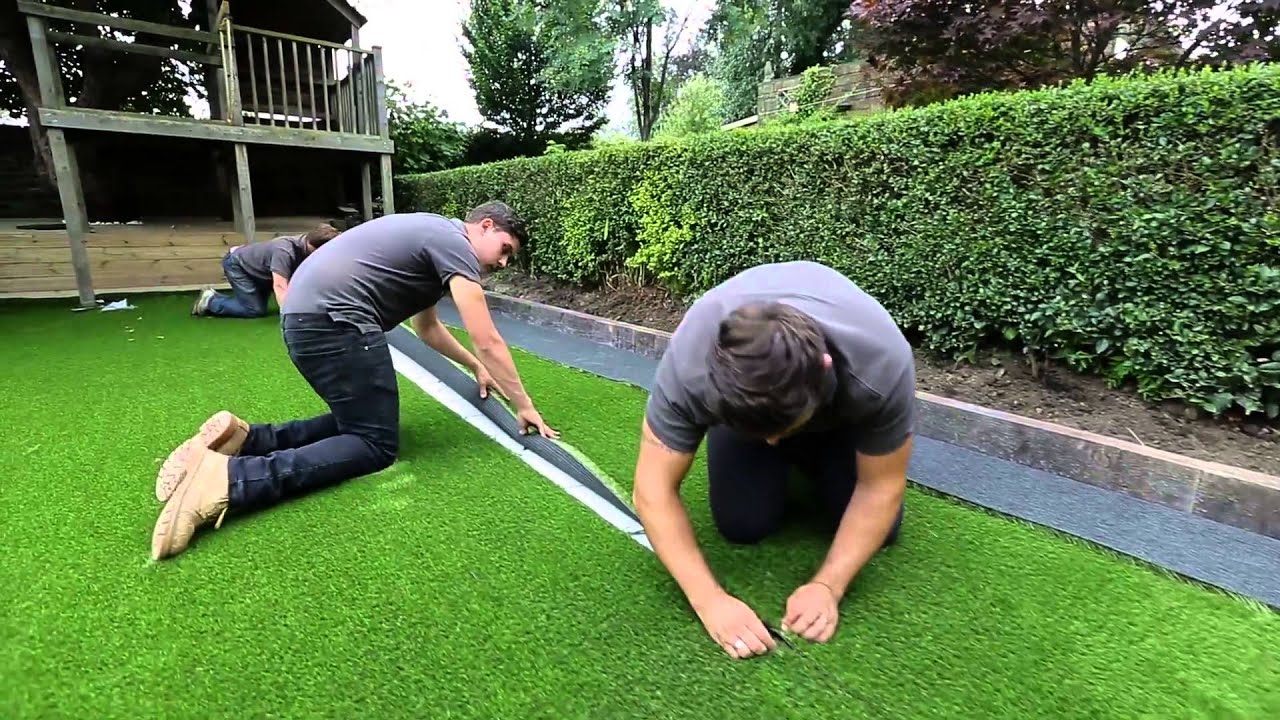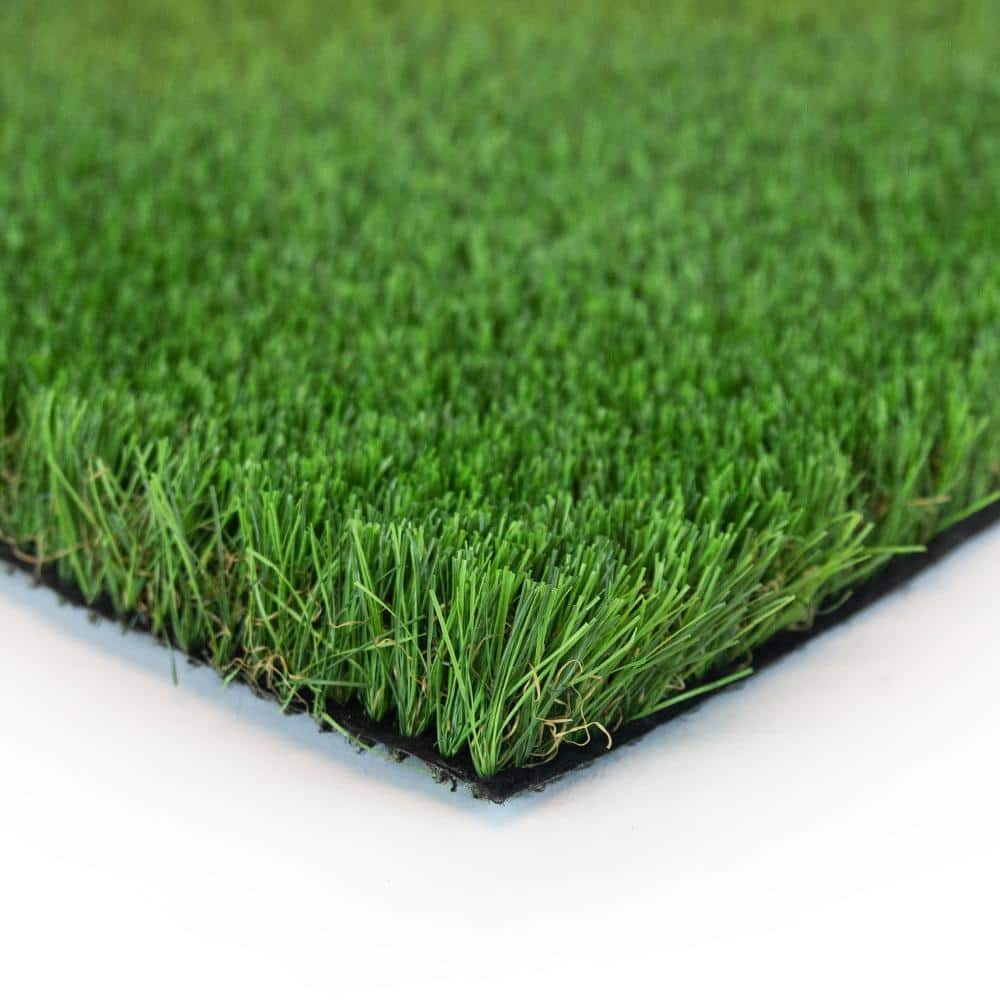Custom Turf Installation Phoenix AZ for Homes, Companies, and Play Areas
Custom Turf Installation Phoenix AZ for Homes, Companies, and Play Areas
Blog Article
Look Into the Environmental Advantages of Opting for Artificial Lawn Solutions
The fostering of synthetic grass services provides a compelling chance to deal with pushing environmental difficulties. By considerably reducing water use and decreasing the application of dangerous chemicals, these options not only advertise lasting landscaping however likewise shield local ecosystems. Furthermore, the lower carbon footprint related to lowered maintenance tasks adds to a more lasting method to land administration. Nonetheless, the implications of these advantages extend beyond simple conservation initiatives, questioning about their long-term effect on habitat preservation and total eco-friendly equilibrium. Exploring these measurements exposes an intricate interaction worth thinking about.
Water Preservation Benefits
One of the most substantial benefits of fabricated lawn is its ability to preserve water. In comparison, artificial turf does not require watering, dramatically minimizing the total demand for water resources.
By getting rid of the requirement for routine watering, artificial lawn contributes to lasting landscape techniques and assists alleviate the ecological effect of too much water usage. Furthermore, the preservation of water reaches the reduction of overflow, which can cause dirt erosion and river contamination.
Additionally, the installment of fabricated turf enables homeowners and communities to allocate water resources extra effectively, concentrating on important uses such as alcohol consumption water and farming. The change towards synthetic grass not only promotes accountable water usage but also lines up with broader environmental objectives targeted at protecting all-natural sources.
As neighborhoods significantly prioritize sustainability, the water conservation benefits of synthetic grass offer an engaging instance for its adoption in residential and industrial landscape design tasks.
Reduced Chemical Use
The shift to synthetic grass considerably lowers the reliance on chemical treatments generally made use of in natural grass upkeep. Typical grass management usually entails the application of chemicals, plant foods, and herbicides to promote development and control insects. These chemicals can position dangers to human health, local wildlife, and the environment, adding to soil and water contamination.
On the other hand, artificial grass eliminates the need for these dangerous substances. When set up, it requires marginal maintenance, largely being composed of routine cleaning and irregular infill replenishment. This decrease in chemical usage not just benefits the prompt setting however additionally contributes to wider ecological security. By reducing the launch of artificial substances into the ecological community, synthetic grass advertises much healthier dirt and water systems.
Moreover, the lack of chemical runoff related to synthetic grass setups helps protect neighborhood waterways from pollution, supporting marine life and keeping biodiversity. Phoenix turf companies. As communities progressively focus on sustainable methods, choosing synthetic lawn provides a practical solution that straightens with environmental preservation objectives. With this change, homeowner can delight in rich eco-friendly rooms without endangering environmental wellness, leading the way for an extra lasting future
Lower Carbon Footprint

Additionally, the installation of synthetic grass can lead to significant water conservation. Natural grass need substantial quantities of water for irrigation, which not just includes in the carbon footprint connected with water extraction and treatment yet also strains neighborhood water resources. On the other hand, artificial lawn requires very little maintenance, needing no watering, therefore substantially reducing water usage and its connected energy expenses.
Furthermore, the long life of synthetic grass adds to its lower carbon effect. With a life expectancy of approximately 15 years or more, the requirement for frequent replacements is diminished, resulting in much less waste and reduced energy intake in production and taking care of standard turf alternatives. In general, artificial lawn offers a sustainable choice for ecologically conscious landscape design.
Environment Conservation
Environment preservation is a critical factor to consider in the discussion over landscaping choices, particularly when comparing artificial lawn to natural grass. All-natural yard lawns frequently need comprehensive maintenance, consisting of the usage of plant foods, herbicides, and chemicals, which can negatively influence neighborhood environments. These chemicals can seep into the soil and rivers, harming indigenous plants and fauna and disrupting local environments.
In contrast, man-made turf presents a chance to reduce the eco-friendly impact of landscaping. By deciding for artificial turf, home owners can minimize the interruption of all-natural habitats linked with standard grass treatment methods. Synthetic grass removes the need for damaging chemicals, consequently safeguarding neighboring wild animals and keeping the honesty of bordering ecosystems. The installation of fabricated lawn can lead to the conversion of previous lawn locations right into even more biodiverse landscapes, such as pollinator yards or indigenous plant locations, which can support local wildlife.
Inevitably, the transition to artificial grass not just preserves water and decreases maintenance efforts however also fosters an extra unified partnership between human activities and the natural surroundings, advertising environment conservation in important link the process.
Long-Term Sustainability
Long-term sustainability is a critical consider examining the advantages of synthetic grass over traditional grass yards. One of one of the most significant advantages of man-made lawn is its durability; it can last up to 15-20 years with minimal upkeep, whereas natural yard needs regular reseeding and substitute. This durability minimizes the requirement for continuous resources, such as water, fertilizers, and pesticides, which are vital for keeping a healthy and balanced grass yard.
In addition, artificial lawn adds to a reduction in carbon emissions related to lawn treatment equipment. Traditional lawns often need gas-powered mowers, trimmers, and blowers, all of which add to air pollution. Arizona artificial turf. In comparison, synthetic grass gets rid of the demand for such tools, advertising a cleaner environment
In addition, the production of man-made lawn progressively makes use of recycled materials, boosting its sustainability profile. As producers embrace environmentally friendly methods, the environmental impact of man-made grass continues to diminish.

Final Thought
The fostering of artificial turf options offers considerable ecological benefits, consisting of substantial water preservation, minimized reliance on dangerous chemicals, and a lower carbon footprint. Synthetic turf aids in preserving natural habitats by minimizing land disruption visit and promoting lasting sustainability with the usage of sturdy materials. Jointly, these factors highlight the potential of synthetic grass to add positively to ecological wellness and use a sensible alternative to standard landscape design techniques in a progressively resource-conscious world.
In comparison, man-made turf does not require watering, dramatically reducing the general need for water sources. By minimizing the release of synthetic compounds into the ecological community, artificial turf advertises healthier dirt and water systems.
In addition, the setup of synthetic lawn can result in significant water preservation. In comparison, artificial Bonuses lawn needs very little upkeep, requiring no watering, consequently significantly decreasing water usage and its connected power prices.

Report this page